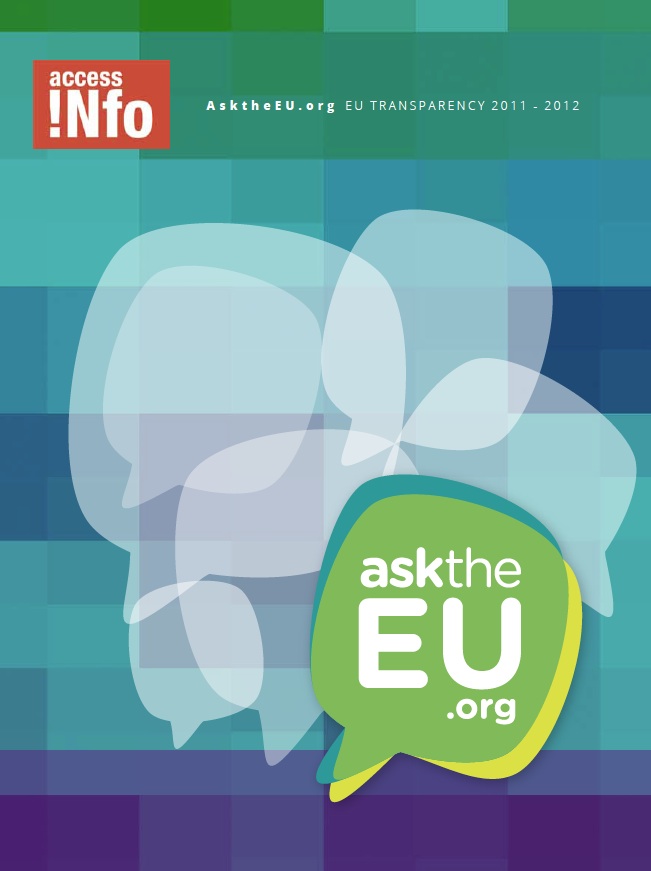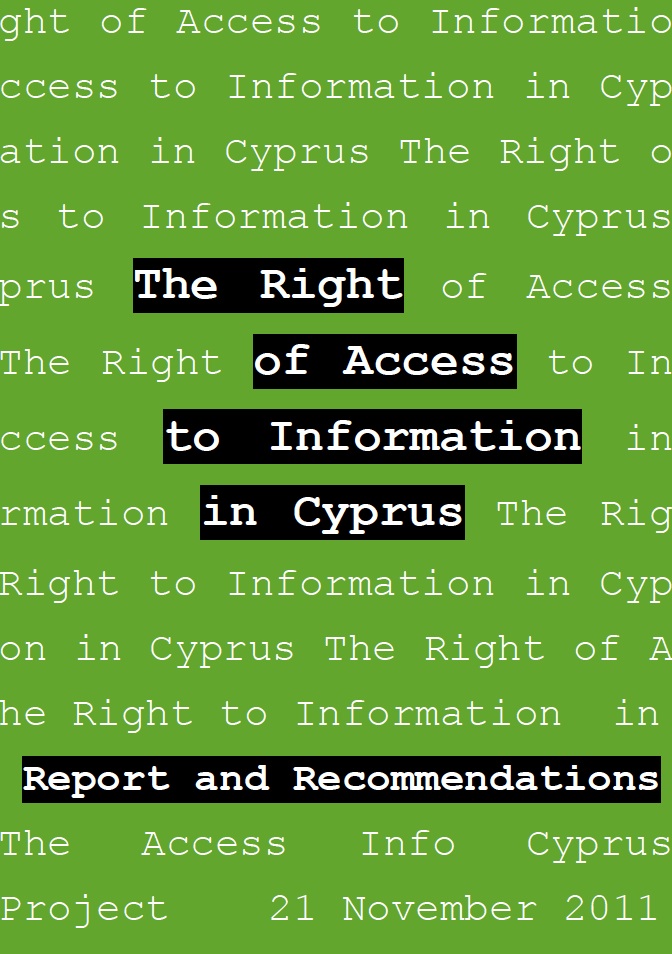Government fails on election transparency pledge to publish contracts
Helen Darbishire2018-11-13T10:05:50+01:00ComputerWeekly.com | 19/03/2015 English – The UK government has failed to meet its 2010 election pledge to publish all contracts in full as part of its digital reforms of the public sector. Whitehall has published many contracts almost in full after a compromise that allows suppliers to keep secret some information on the grounds of commercial confidentiality. But government has regularly neglected to publish contracts for major projects, while those contracts it has published have often comprised little more than templates stripped of distinguishing details. Read more…


